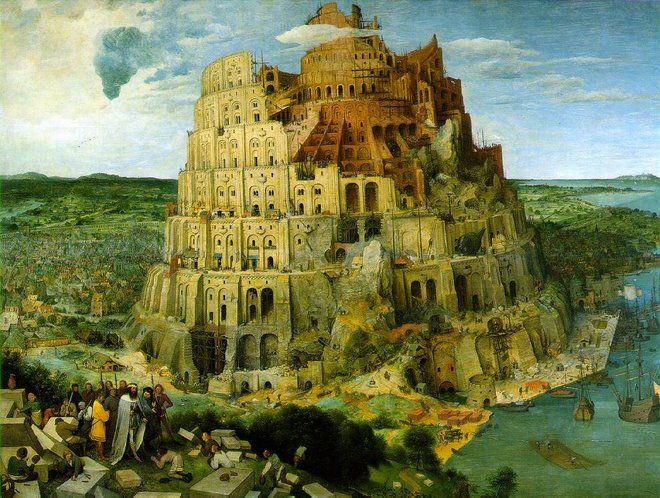

Musicista, cantante e coreografo dalle antiche origini berbere, Nour-Eddine ha guidato vari gruppi musicali di musica etnica e Gnawa, fra cui Azahara, Desert Sound e Jajouka, con i quali ha tenuto concerti sia in Italia, sia all’estero. Ha all’attivo numerose collaborazioni (con Tony Esposito e Trancendental, per citarne solo due) e partecipazioni a colonne sonore. Nel
1997 ha fondato il gruppo Nour-Eddine, progetto culturale e musicale del deserto, con cui ha vinto il festival folk di Vejano. Dopo questo commosso omaggio alle tradizioni e alle musiche di
Zri-Zrat, il suo villaggio d’origine,
Nour-Eddine ha pubblicato il cd
Gnawa & Jahjuka Trance, dedicato alla ricca e affascinante tradizione tribale e rituale
Gnâwa e
Jahjûka, di ascendenza sufi. Con il lavoro successivo,
Coexist, Nour-Eddine ha allargato ulteriormente i propri orizzonti sonori, aprendosi ancor più che in passato alle moderne sonorità della musica occidentale.
«Zri-Zrat è un villaggio di Berberi arroccato tra le montagne, dove la gente festeggia il raccolto con canti e danze. È un luogo di culto, dove gli uomini pregano e cercano la saggezza. È il paese di mio nonno, Maâlam Ahmed, capace di guarire gli ammalati col suono del suo ghaîta. È un tesoro custodito nello scrigno della memoria, il luogo incantato della mia fanciullezza.» (Nour-Eddine)
«Dai rituali di trance all’espressione di una nostalgia che è sentimento universale, dalla celebrazione del viaggio del profeta al gnawa, blues del deserto in cui si incontrano le culture araba, berbera e africana... La strada percorsa da Nour-Eddine ci coinvolge in profondità, intensa e magica. Zri-Zrat, un cd vero e vivo dalla prima nota all’ultima.» (Re Nudo)
 This beautiful album by Moroccan multi-instrumentalist, singer and choreographer Nour-Eddine is his personal, deeply felt tribute to his home village, Zri-Zrat. Music and lyrics are mostly by Nour-Eddine himself and are inspired by Berber, Rif and Andalusian traditions.
This beautiful album by Moroccan multi-instrumentalist, singer and choreographer Nour-Eddine is his personal, deeply felt tribute to his home village, Zri-Zrat. Music and lyrics are mostly by Nour-Eddine himself and are inspired by Berber, Rif and Andalusian traditions.
«Zri-Zrat is a Berber village lodged in the mountains, where the inhabitants celebrate the harvest with songs and dances. It is a place of worship, where men pray and search for wisdom. It is the village of my grandfather, Maâlam Ahmed, capable of healing the sick with the sound of his ghaîta. It is a treasure kept in the safe of my memory, the enchanted place of my childhood.» (Nour-Eddine)
«The songs are mostly ritually inspired, and the astute use of reverb not only fills out the sound but creates a haunted air just right for the remote setting being evoked.» (Folk Roots)
Link in comments
 «If you want to know what's rocking the kasbah these days, Arabic Groove is where to start. From Algeria, Morocco, Egypt an other Arab countries we hear the dance-floor grooves and detect the influence of Western pop, notably funk, hip-hop and electronica. This of course makes sense from the Arabic point of view as those artists now get played alongside Westerners.
«If you want to know what's rocking the kasbah these days, Arabic Groove is where to start. From Algeria, Morocco, Egypt an other Arab countries we hear the dance-floor grooves and detect the influence of Western pop, notably funk, hip-hop and electronica. This of course makes sense from the Arabic point of view as those artists now get played alongside Westerners.














